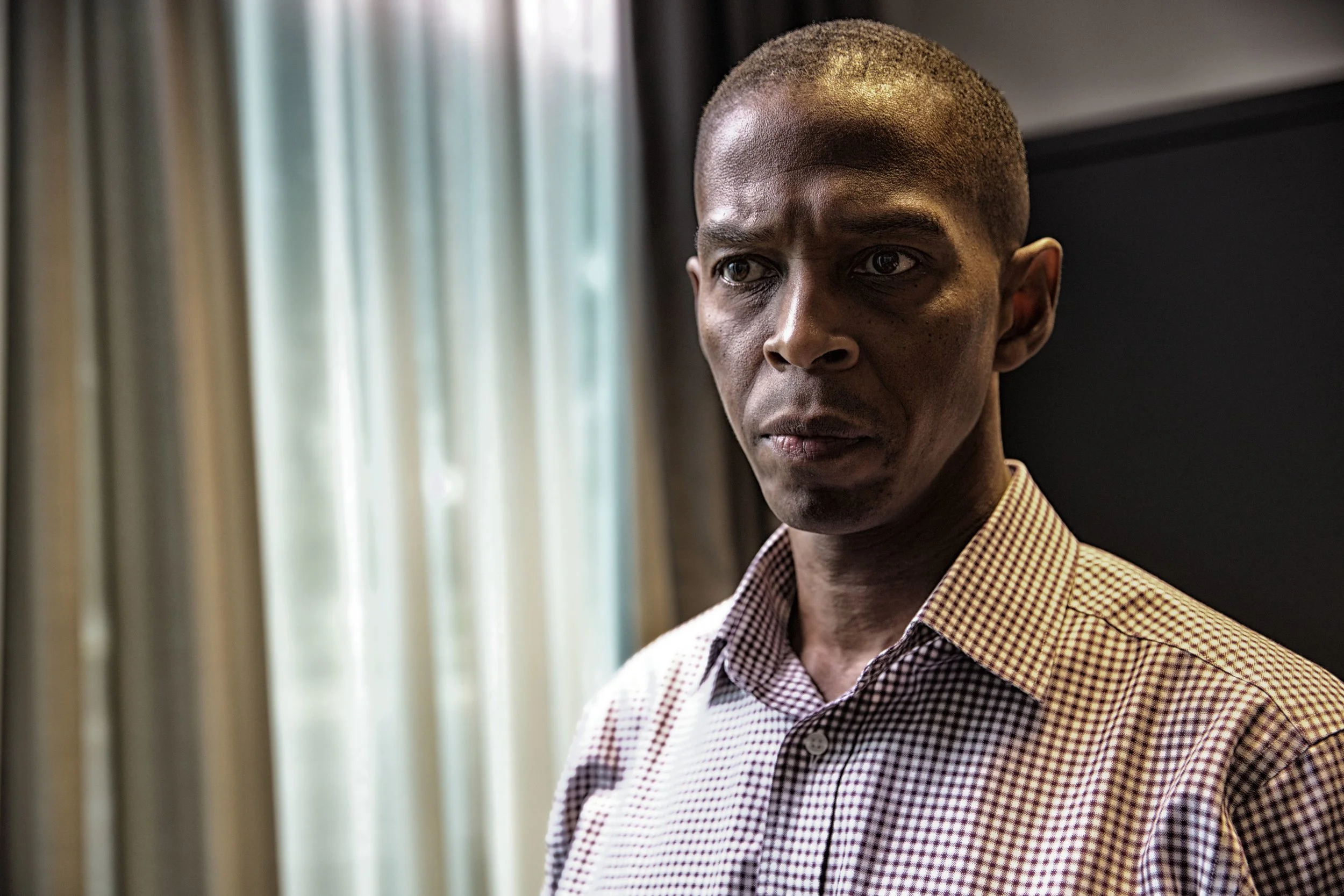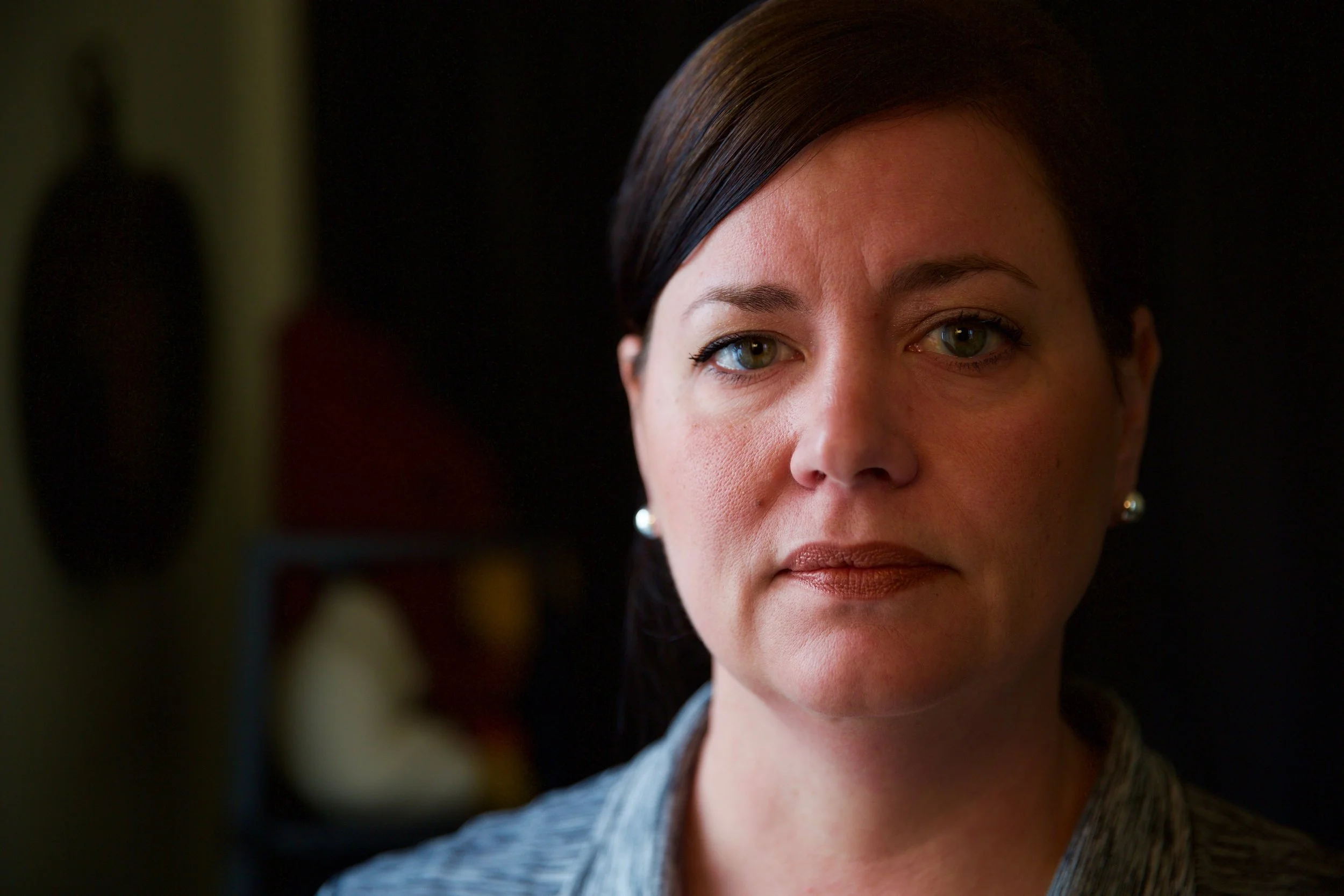Richmond Justice
STORIES + PORTRAITS
Dianne | June 25, 2016
Dr. Dianne Reynolds-Cane is a physician who grew up in Detroit and moved to Richmond in 1979. She has served the community as Medical Director for the Henrico County Sheriff's Office, managing health care at two jails, and as the Medical Director of the Daily Planet, providing care to the homeless.
I don’t know if it’s the Detroit in me, my genes, or because I was raised in a low-income neighborhood, but working with the incarcerated and the homeless has never intimidated me. It feels like a calling to help those who might otherwise have little or no access to medical care. And I don't confine people to stereotypes. I refuse, and I wasn’t raised that way.
“Addiction is not something that can be turned around after detox or even a thirty-day rehab program.”
When I saw inmates in the jail clinic, it was rare for me to know what put them behind bars—and honestly, I didn’t want to know. We were there to talk about health problems. Just listening and offering patience made them more comfortable and allowed their true concerns to surface. Everyone has good qualities as well as challenges. We should respect the challenges, and allow the goodness inherent in us all to come through.
I found that inmates are some of the sickest individuals seen by medical professionals. Most inmates have a history of drug addiction or abuse as well as multiple chronic medical conditions. One inmate might have diabetes, Hepatitis C, hypertension, a history of alcoholism or drug addiction, pancreatitis, and be in need of renal dialysis. Many of these conditions are closely tied to little or no access to medical care, poverty, and homelessness.
About 75% of inmates struggle with drug abuse or addiction. The good news today is that so many more people than in years past are talking about and helping to remedy substance abuse and addiction. Not long ago, drug addiction was discussed only within families and only behind closed doors. This is finally changing.
We understand now that addiction is a brain disease. Addiction is not something that can be turned around after a brief detox or even after a thirty-day rehab program. If an addict enters a program and later falls back into using drugs, they might think: “The treatment didn’t work.” Yet the reality was that the treatment regimen wasn’t long enough. Chronic treatment programs can be expensive, but not nearly as expensive as the cost to communities levied by untreated drug addicts. For addiction to end, long-term programs are essential.
The Henrico County Jail has a very successful program addressing substance abuse and addiction. We know what needs to be done next: We need long-term, community-based drug programs, like the proven programs provided by the McShin Foundation and by The Healing Place, to help those in need. Interventions aimed at long-term care and prevention have the potential to lower the cost of correctional health care—and that cost is huge, a significant portion of each correctional center's budget. Prevention programs could lower the number of people who wind up jailed for crimes related to substance abuse or addiction in the first place.
With so many people who are chronically ill and addicted ending up in jail, clearly we're missing something in our continuum of care. As a society, we can and must do better. If we treat every human being as someone of value, it can make all the difference in the world.
— interviewed June 17, 2016
















